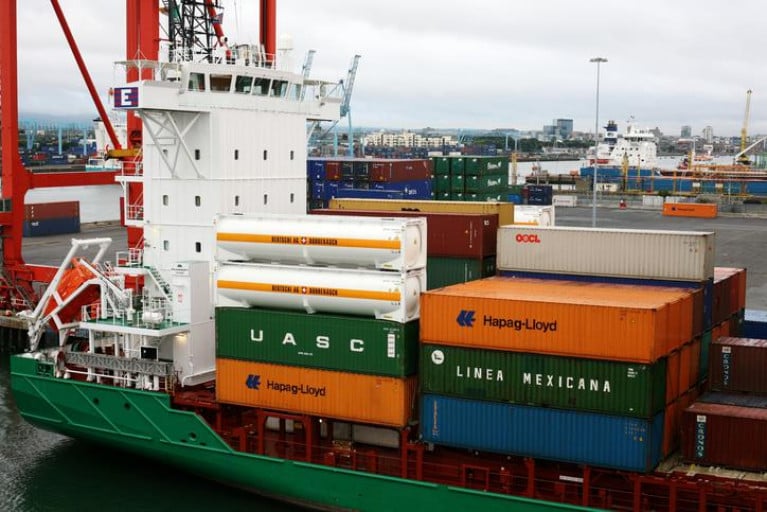Displaying items by tag: TEN T
ESPO Says TEN-E Review Must Recognise Role of Seaports as Key Players in Energy Sector
European Commission is expected in December to publish its proposal for reviewing the Trans European Network for Energy (TEN-E) Guidelines Regulation of 2013.
According to the European Sea Ports Organisation (ESPO) they welcomed the revision but in order for the review to align with the Green Deal objectives European ports stress the importance of recognising the central role of ports in Europe’s new energy systems.
“As European ports, we welcome the upcoming review of the TEN-E network and are excited to help Europe on the path towards a net-zero energy network by 2050. Nonetheless, we stress the need for the European Commission to recognise ports as key actors and partners in the energy transition. There are a huge amount of activities in ports that enable clean energy, from production and storage to import and hinterland distribution. We therefore urge the Commission to make sure they recognise the important role of ports”, noted Isabelle Ryckbost, Secretary-General of ESPO.
Europe’s Ports are key players in the energy sectors. They are particularly important in the development of the hydrogen economy: From production and storage facilities to fuelling, recharging and distribution, ports will need to invest heavily to support the ramp-up of hydrogen in Europe. This extends to imports and related facilities, alongside facilities to convert offshore renewable energy into green hydrogen, a prerequisite for the hydrogen economy to reach European Green Deal aims.
Ports also play a key role in the production and distribution of other fuels. This is not, however, recognised in the current TEN-E legislation, where few ports active in energy systems are included in the project corridors. ESPO underlines that this oversight cannot be repeated when hydrogen is included in the legislation. Ports’ role must be reconsidered in the context of the other energy carriers.
TEN-E Guidelines Regulation 347/2013/EC has the aim of linking energy infrastructures in the EU. It was adopted in 2013 alongside the Trans European Transport (TEN-T) and Telecommunication Networks (eTEN). Similar to the TEN-T network, the TEN-E legislation is based around 9 corridors relating to electricity, oil and gas and 3 thematic areas (where cross-border carbon dioxide networks are included). The Commission began its revision of the TEN-E policy in early 2020 with one key motivation being to bring the legislation in line with the goals of the European Green Deal.
ESPO’s priorities on the forthcoming TEN-E review can be downloaded here.
























































